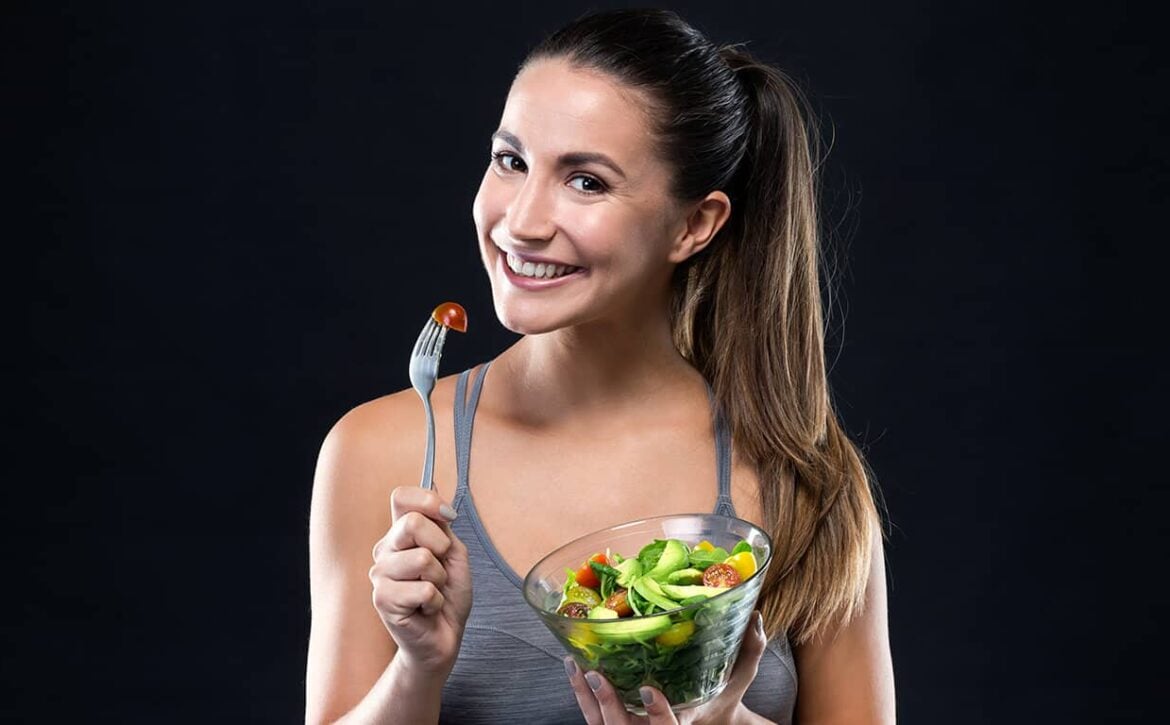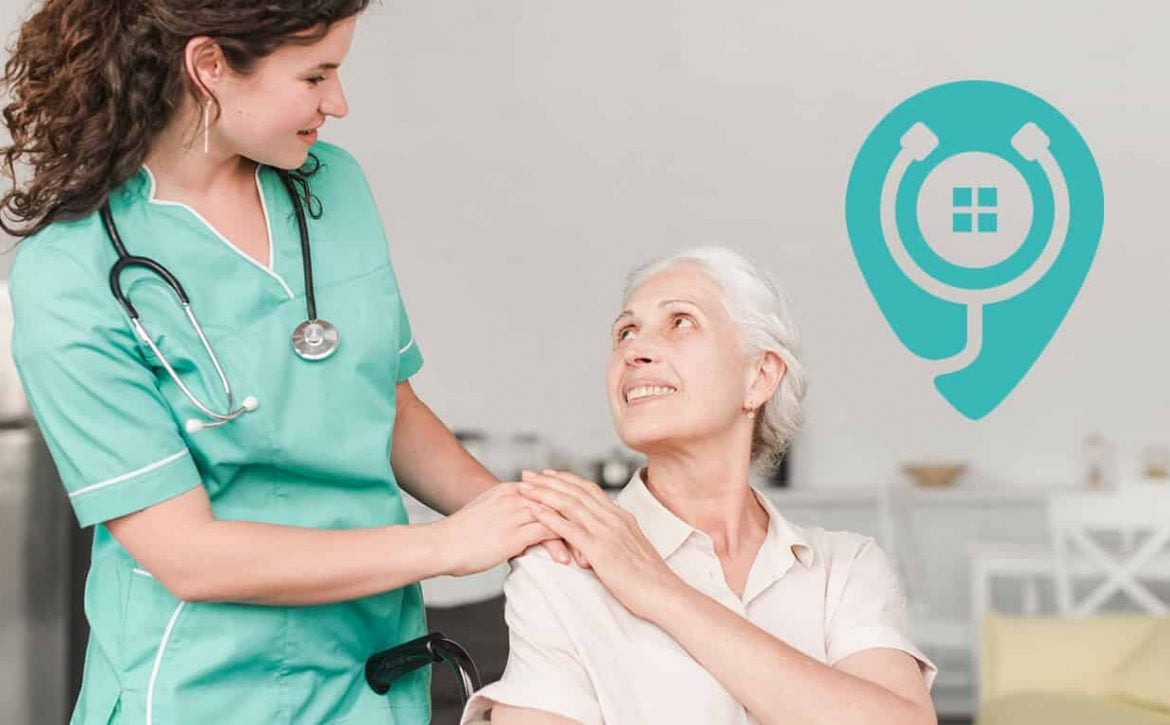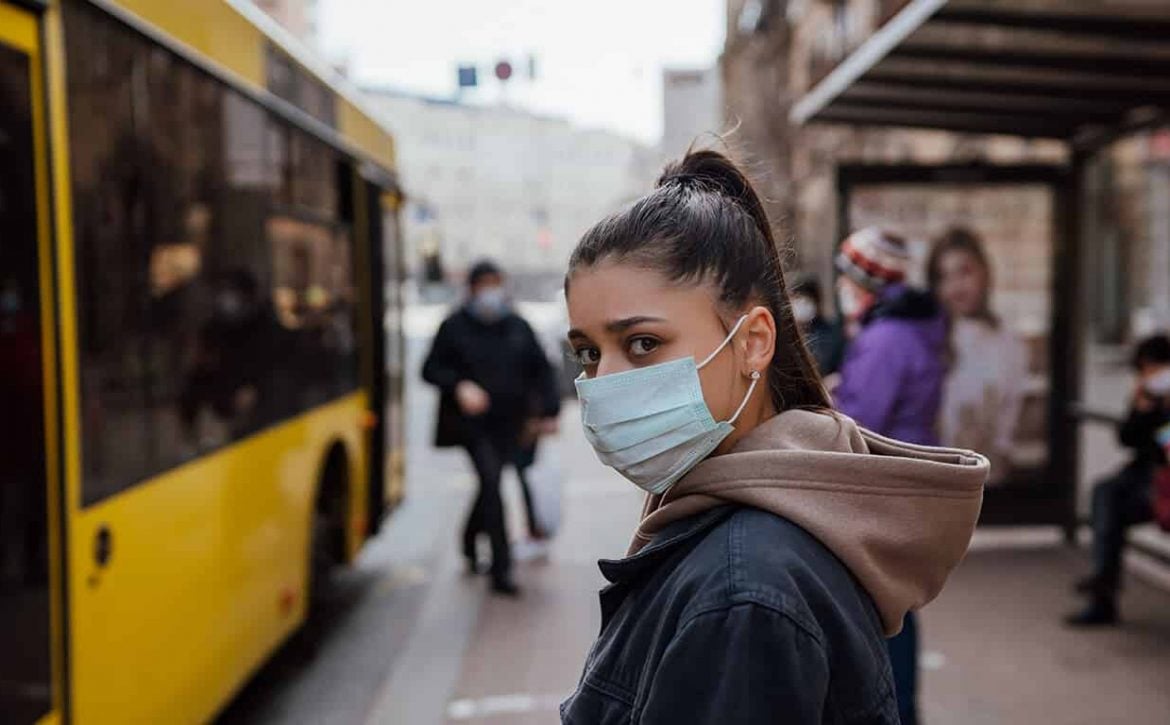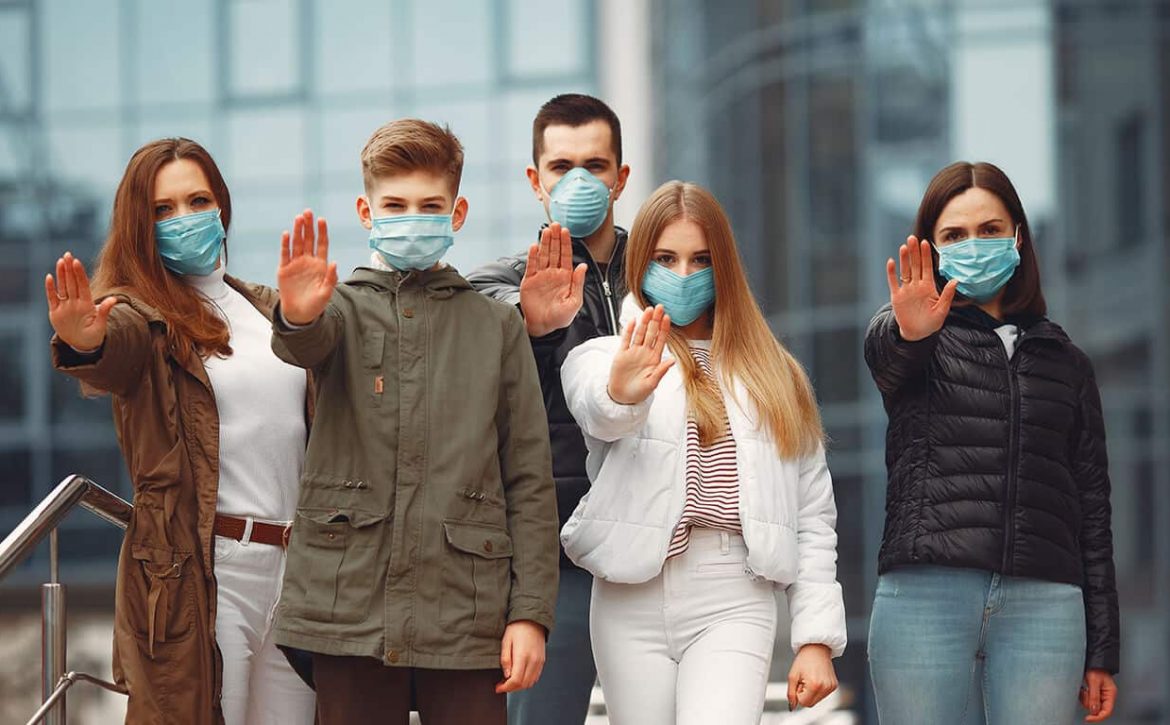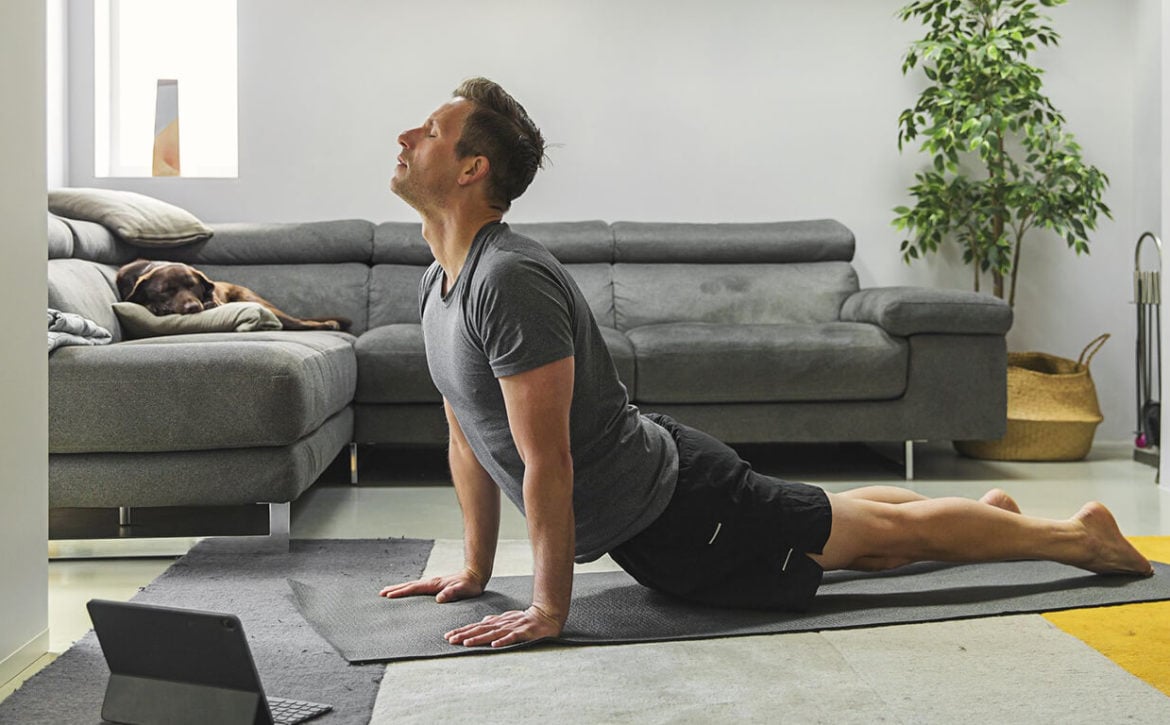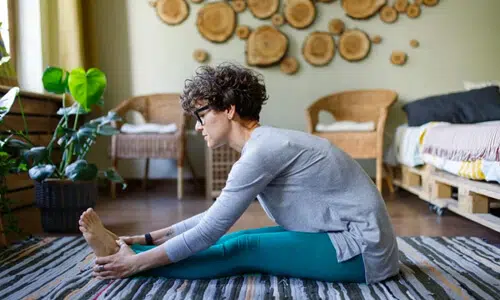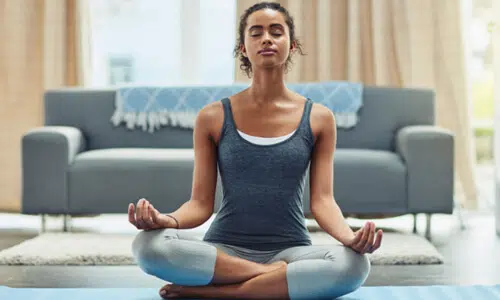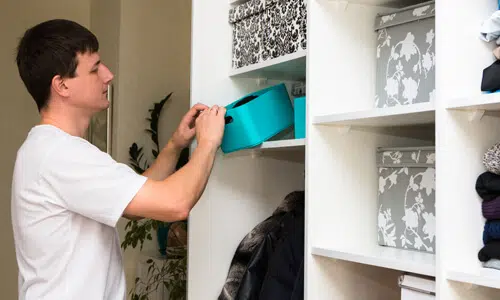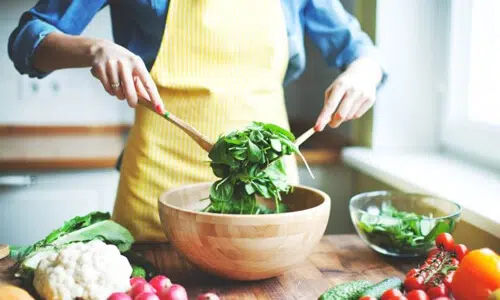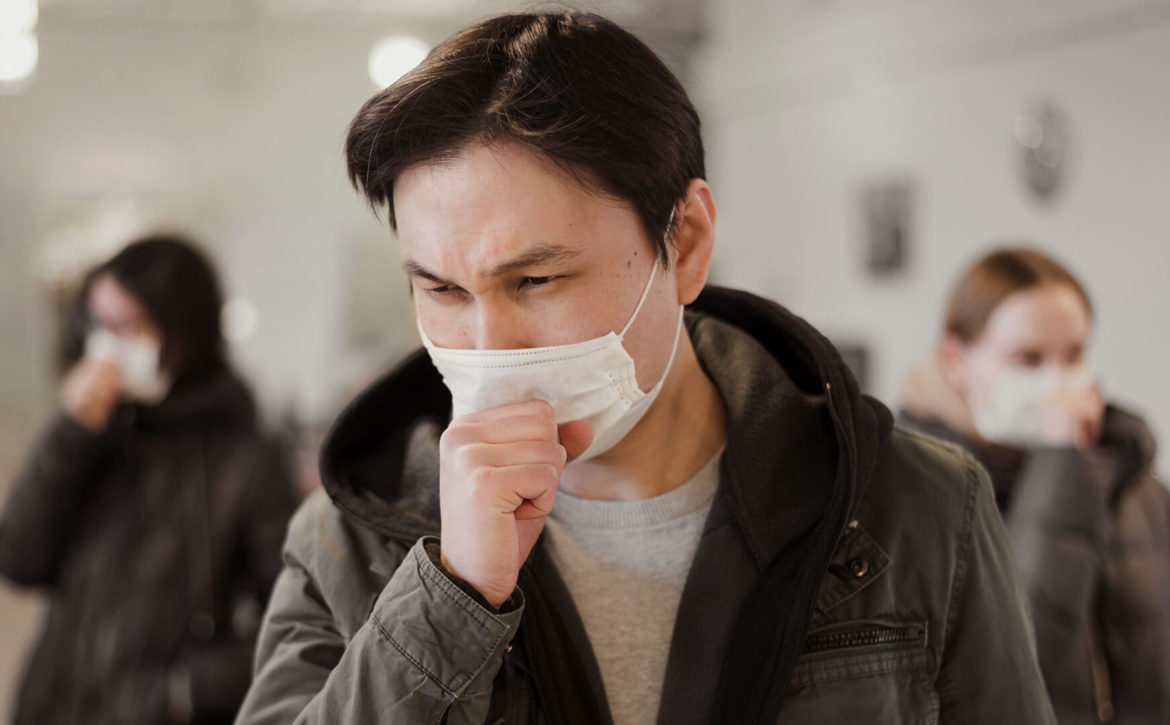5 Healthy Eating Habits to Form Today
The latest numbers say that the average person in the UK spends around £45 per week on food – including groceries and eating out. So, how do we make sure we’re getting our money’s worth? Here are 5 simple, easy, HEALTHY eating habits to form –
Stay away from fad diets
This should be a no-brainer. Yes, that juice cleanse all your friends are doing on Instagram seems fun, but pause for a second and think – will it help you achieve your fitness and weight goals? Is it sustainable for you in the long run? Or will it be a one-week wonder and you’re left to your devices again? Understand your body, set realistic goals, and create a sustainable diet. A good diet is one that you can continue adhering to, is balanced, and right for your body.
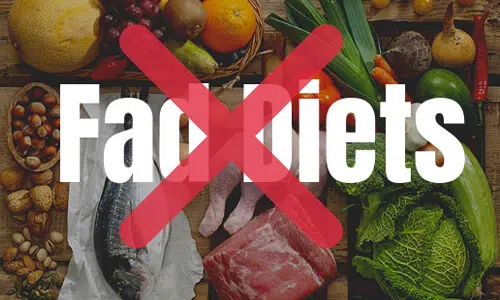
Keep a food diary
The first step to finding or fixing an issue is to collect enough data about it. Keep a food diary to understand what goes into your system each day. Write it down or use an app that will calculate everything for you. With this information, you can track macros and calories, and also make a note of how the foods are affecting your moods and well-being. Monitor, then adjust.
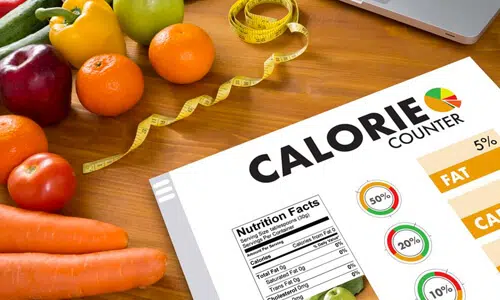
Eat a balanced meal
No-carb is a thing of the past. Try and opt for a balanced meal instead – one that has enough protein, carbohydrates, fats, vitamins and minerals. This also means more fruits and veg, less sugar, and less salt. Also keep in mind that a ‘meal’ includes what you drink – swap out that sugary, fizzy unhealthy drink for a healthier option. Or better yet, opt for some hot water or tea, which will help you digest your food better.

Find healthy alternatives
Studies show that deprivation can result in more intense binging. So how else do you stop eating unhealthy food? By finding healthier alternatives. For example, if you like your grain, choose one with higher fiber content – brown rice instead of rice, wheat bread instead of white bread. Sugar craving? Eat your favourite fruits instead to satiate that. Find healthier options and integrate the swap slowly into your diet.

Watch your meat intake
The NHS recommends a serving or two of fish everyday – mainly for the omega-3 fatty oils that are available in abundance in fish. On the other hand, the general consensus is that red meat may not be as good for us in large portions. Where possible, eat more white meat than red. And more fish than white meat.

Whatever habits you choose to keep or make, ensure that they do not introduce additional stress on your health – physical or mental. What we consume is closely tied to our well-being, so it is important to consume right. If you have questions about allergies, portion control, or how certain foods are affecting your health, talk to your GP. You can also speak to an expert GP at Gogodoc by scheduling an online video consultation – visit our website or download our app to book an appointment as early as the hour. Eat well, stay safe, and be healthy!


